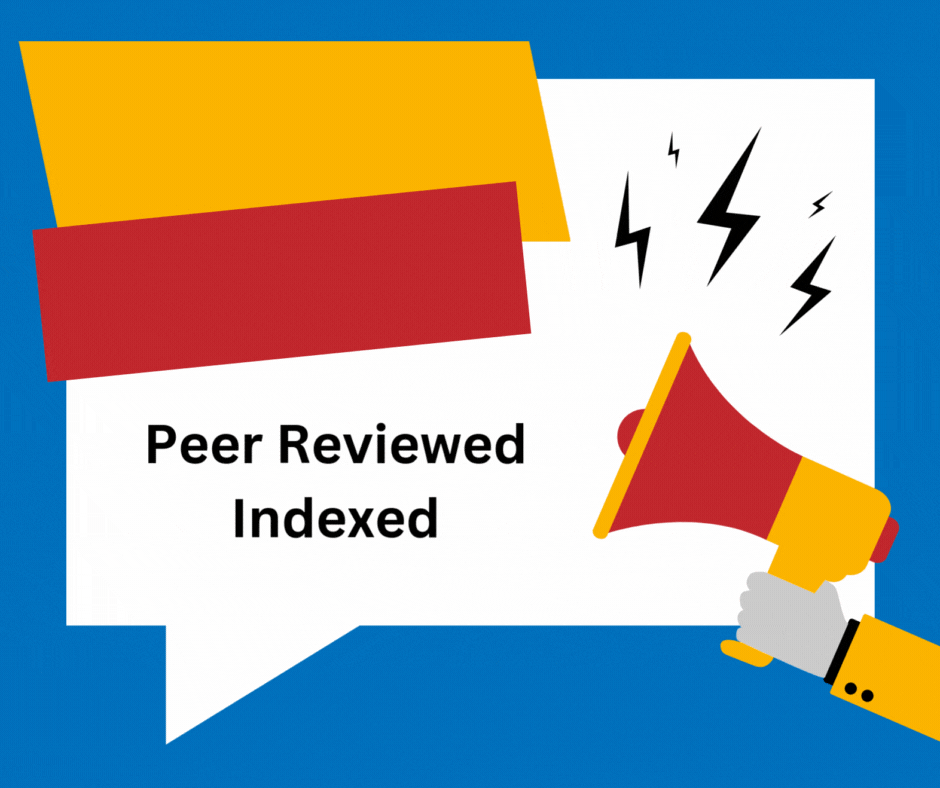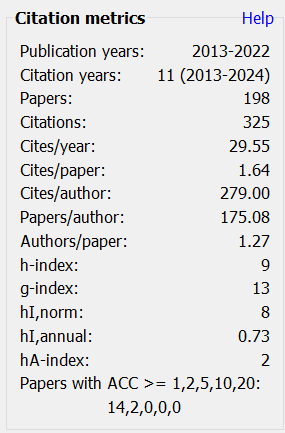Submissions
Public Administration
The Journal section of Public Administration aims to advance research in the field of public administration by publishing high-quality theoretical and empirical research. This multidisciplinary journal section encompasses organizational, administrative, managerial, and policy-based research papers, contributing to our understanding of the public sector. Click here to learn more about the research areas covered in this Journal section.
Philosophy
The Journal section of Philosophy aims to advance the field by publishing high-quality research in ethics, political philosophy, philosophy of law, philosophical and social thought, sociological and psychosocial studies, cultural studies, philosophy of medicine, and philosophy of (bio)technology, as well as related disciplines. This multidisciplinary section welcomes papers that enhance our understanding of moral philosophy (both theoretical and applied ethics), political philosophy, philosophy of law, philosophical and social thought, philosophy of medicine, and philosophy of biotechnology. Click here to know about the research areas covered under this Journal section.
Copyright Notice
Revised Copyright/CC license that applies to all the articles published after 05-02-2017
Attribution-NonCommercial 4.0 International (CC BY-NC 4.0)

Copyright/CC license that applies to all the articles published before 05-02-2017
Attribution-Non Commercial-No Derivatives 4.0 International (CC BY-NC-ND 4.0)

Author(s) will retain all the right except commercial and re-publishing rights. In the case of re-publishing, they will have to obtain written permission from the journal. Additional licensing agreements (Creative Commons licenses) grants rights to readers to copy, distribute, display and perform the work as long as you give the original author(s) credit, they can not use the works for commercial purposes and are not allowed to alter, transform, or build upon the work. For any reuse or distribution, readers and users must make clear to others the license terms of this work. Any of these conditions can be waived if you get permission from the copyright holders. Nothing in this license impairs or restricts the authors’ rights. To view a copy of this license, visit http://creativecommons.org/licenses/by-nc-nd/4.0/ or send a letter to Creative Commons, 171 Second Street, Suite 300, San Francisco, California, 94105, USA.
Research Papers published in SOCRATES are licensed under an Attribution-NonCommercial-NoDerivatives 4.0 International (CC BY-NC-ND 4.0)
Privacy Statement
The names and email addresses entered on this journal site will be used solely for the stated purposes of this journal and will not be shared for any other purpose or with any other party. Click here to read our full privacy statement.












